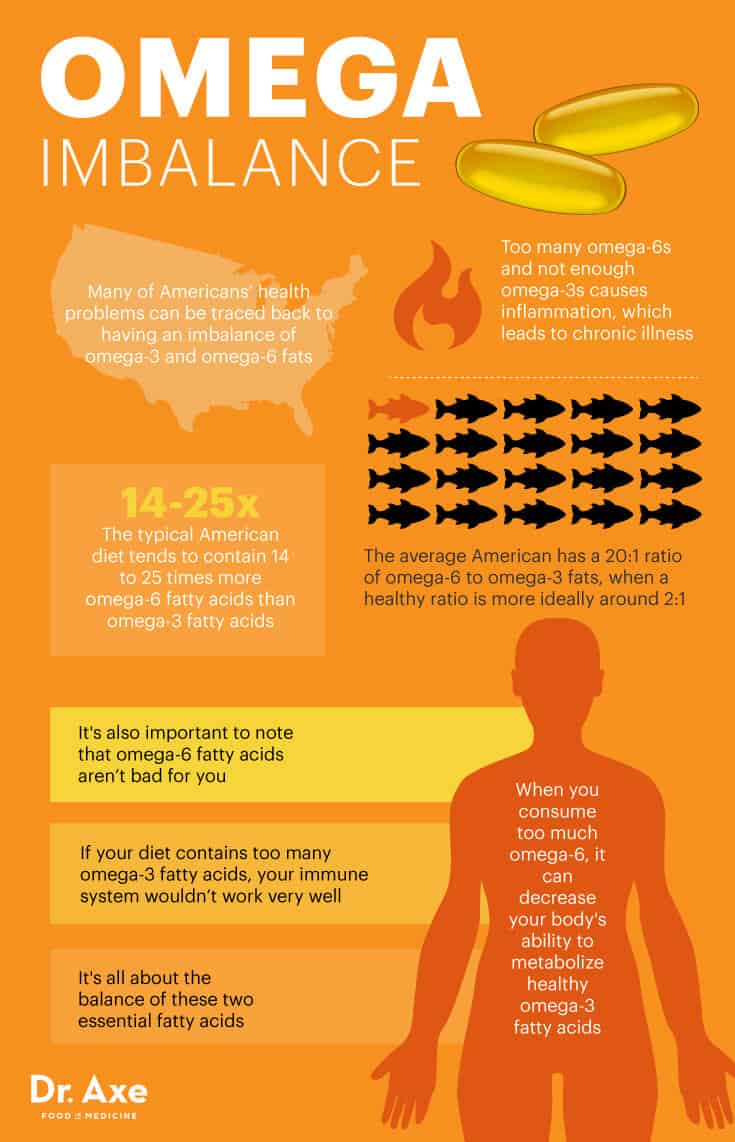
17Ī lot of women experience discomfort when they are bleeding on their period, especially in the lower abdomen and pelvis, which can travel down to the thighs and lower back. Omega-3 could help research found taking a supplement could reduce the psychological signs of PMS, and may also help with bloating to breast tenderness. 16ĭo you get moody, tearful or anxious every month just before your period starts? Supplements are also fine, just as long as you check it is suitable for pregnant women and doesn’t contain high amounts of vitamin A. However, they can also get their omega-3s from different sources, like products fortified with DHA like eggs. They advise pregnant women to eat oily fish in moderation with a maximum intake of 2 portions a week due to the potential pollutants that it contains. The British Nutrition Foundation recommends that pregnant women consume adequate omega-3, but there are a few restrictions on where they can get it from. Omega-3 fatty acids are crucial for the healthy growth of a baby’s brains and eyes during the third trimester and up until they reach 18 months of age.Įspecially DHA, which makes up approximately 97% of omega-3 fatty acids in your brain. Research suggests that while DHA cannot reverse damage of the retina, it may help to support healthy vision. It could help slow down the degeneration of the retina, including macular degeneration – this is the most prevalent form of blindness in senior people. If you don’t get enough it could cause some problems for your vision. The omega-3 DHA helps make up the retina of your eye (around 93% of all the omega-3 fatty acids in your retina is DHA) and the grey matter of the brain. It’s thought the DHA found in omega-3 fatty acids helps nerve cells communicate better with each other. Keep forgetting where you put your keys? Research shows taking fish oil supplements for six months can sharpen your memory.

This may be one of the reasons they’re linked with a lower risk of stroke. It’s thought they help blood vessels dilate, so the heart doesn’t need to push blood around the body so forcefully. Omega-3 fatty acids have also been found to help maintain normal blood pressure.
Fish oil benefits skin#
This is because EPA helps to stop substances that eat away at skin collagen after sun exposure by blocking their release. The omega-3 EPA can help to reduce premature ageing of the skin, as well as help protect your skin from sun damage. 6Īnother study found taking omega 3 supplements reduced the severity of eczema. Plagued by eczema or psoriasis? Spanish scientists discovered taking omega-3 supplements, as well as using topical treatments, could help ease psoriasis. The omega-3 EPA also helps to keep your skin hydrated by helping to manage its oil production. When skin membranes are healthy, they appear softer, more supple and more hydrated. It supports the membranes of cells, which make up a large part of your skin. The omega-3 fatty acid DHA is also a major structural component of your skin, helping it to stay healthy. Omega-3 helps the body make substances involved with helping you fall asleep, such as the hormone melatonin. One study found children who took an omega-3 supplement both slept for longer and woke up less during the night, and researchers think omega-3 could have similar effects on adults. Low levels of omega-3 have been associated with sleep apnea in adults, sleep problems in children and lower levels of a hormone that helps you sleep called melatonin. Sleeping better = living better, and it turns out getting enough omega-3 may help improve your sleep. You’ve probably heard that omega-3 is good for your joints, brain and heart, but we’ve found 17 potential wellbeing benefits to this essential fat. Try taking a fish supplement with a good balance of DHA and EPA. Omega-6 is still an essential fat but when we eat more omega-6 than omega-3, it can cause inflammation, which may be linked to conditions from arthritis to heart disease. We tend to have much higher levels of a different fatty acid, omega-6, in our diets, found in foods such as vegetable oils and meat. Unfortunately, most of us aren’t getting enough omega-3. To name a few! We will go into omega-3 fatty acid benefits more individually below.


Omega-3 has several important roles within the human body including supporting the health of: Omega-3s make up important parts of cell membranes in our body, helping our organs, immune system and hormone system function properly. Our bodies cannot make omega-3, so it is considered an essential nutrient in the same way some vitamins are considered essential. However, food sources of omega-3 and supplements often also contain vitamins like vitamin A and vitamin D. No, omega-3 fatty acids are polyunsaturated fats not vitamins.


 0 kommentar(er)
0 kommentar(er)
